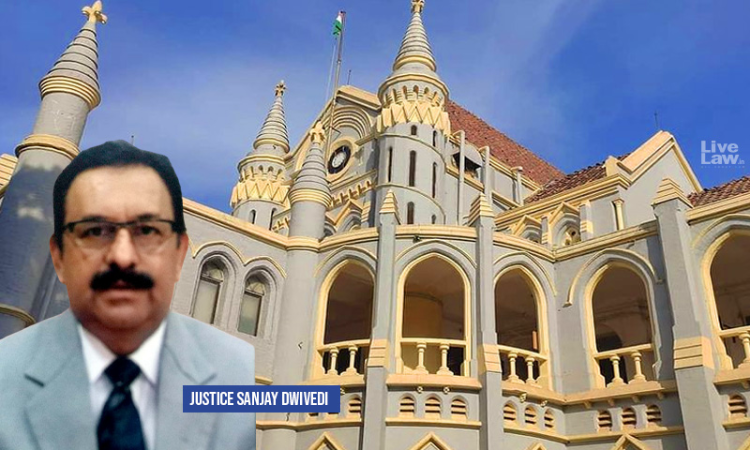Repatriation Of Deputationist Must Be Based On Valid Reasons, Cannot Be Done As Punishment: MP HC
Pranav Kumar
21 Oct 2024 10:00 AM IST

Next Story
21 Oct 2024 10:00 AM IST
Madhya Pradesh High Court: Justice Sanjay Dwivedi quashed the repatriation order of a Water Resources Department engineer from his deputation at the Narmada Valley Development Department, holding that repatriation must be based on valid administrative reasons and not used as a punitive measure. The court found the replacement of the petitioner with an officer facing corruption...
